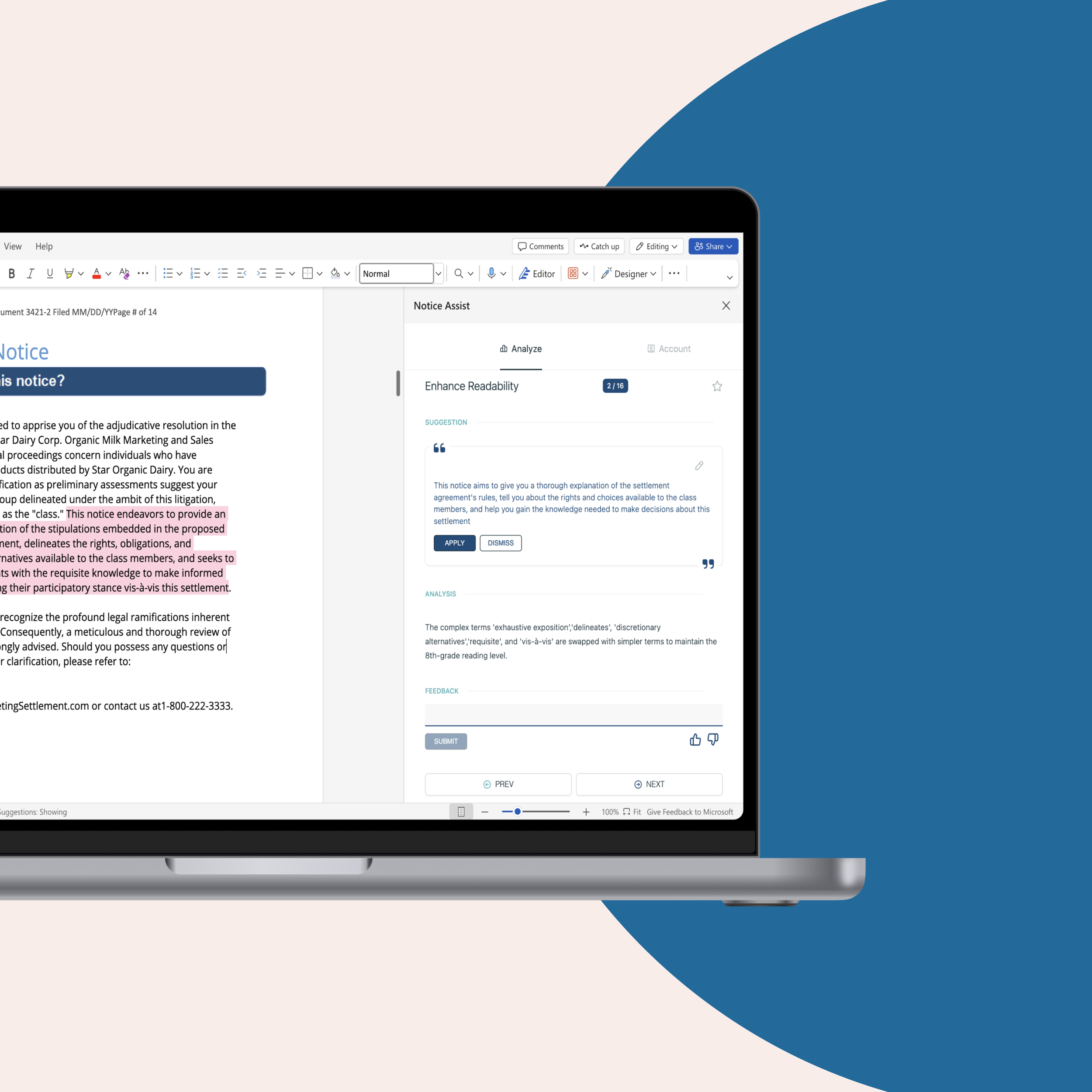Mini-Conference Ponders Class Action Rule
Jocelyn D. Larkin
Executive Director, Impact Fund
Rule 23 Subcommittee Tests the Waters on Possible Changes
For the past year, a subcommittee of the Advisory Committee on Civil Rules has criss-crossed the country, collecting comments from practitioners on possible amendments to Rule 23, the federal class action procedure. The latest stop on their listening tour — a “mini-conference” in Dallas on September 11 – brought together a small group of judges, academics and lawyers with very diverse perspectives on class actions. The lawyers came from a range of substantive practice areas and included some who serve primarily as objectors to class settlements.
To set the stage, the Reporter for the subcommittee, Professor Richard Marcus, prepared a series of “sketches” – very preliminary rule language that served as a springboard for conversation. The topics included settlement approval procedure and criteria, use of cy près to dispose of residual settlement funds, a new rule codifying the evolving law on the ascertainability of class members, objectors, issue classes, Rule 68 offers, electronic notice, and a new Rule 23(b) sub-section for settlement-only certification. The Impact Fund has previously weighed in with the Committee on a number of these subjects and our comments can be found here andhere. For some other perspectives on the conference be sure to check out this post from Paul Karlsgodt at Baker Hostetler and this post from Leah Nicholls at Public Justice.
Across the board, the participants shared a healthy respect for the proposition that not every perceived problem can or should be addressed with a rule change. The appellate courts are rapidly sorting out some questions (like Rule 68 offers) and a consensus may emerge without a new rule. What the Supreme Court has done in past class action cases (and may do in the near future) also bracketed every conversation. A number of these proposals – like settlement-only certification – are not new, but have been raised, debated and ultimately rejected by prior incarnations of the Civil Rules committee.
An overriding goal of the effort, reflected in a number of the sketches, is to ensure that district court judges have the necessary information and clear standards for evaluating the fairness of settlements. Reasonable minds can differ on what information judges should receive and when they receive it in the approval process. Similarly, while no one has a kind word for lawyers who object to class settlements solely for the purpose of extorting a payment to go away, imposing restrictions on objectors that may deter legitimate objectors would be counter-productive.
The Advisory Committee on Civil Rules will meet again on November 5-6, 2015 in Salt Lake City, and the subcommittee’s Rule 23 recommendations will be discussed then.











